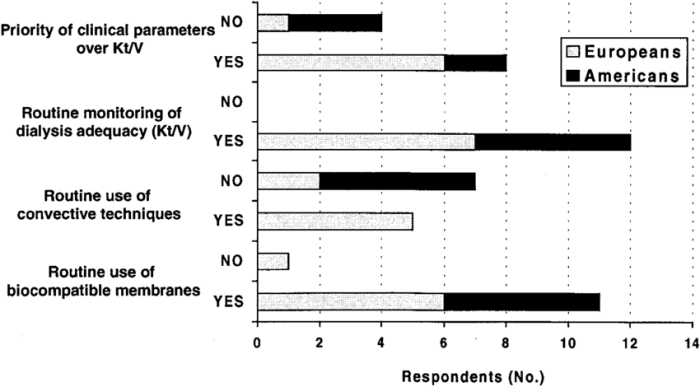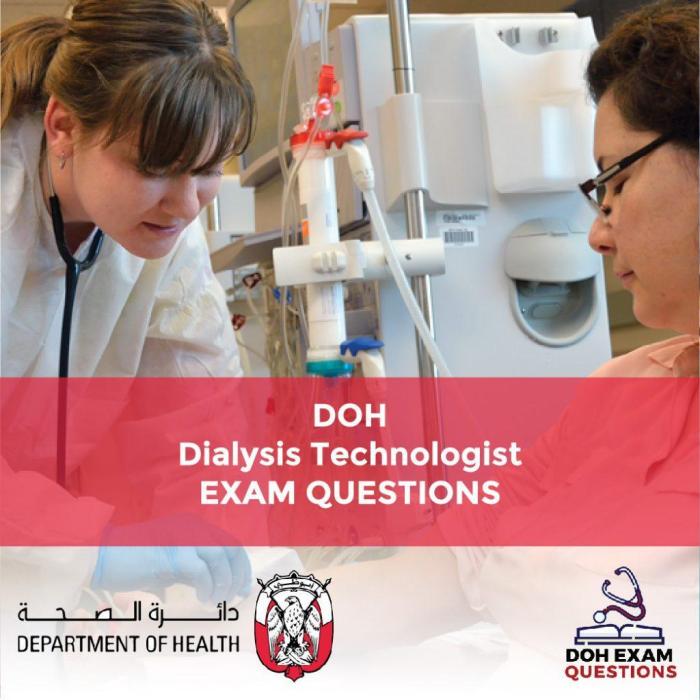Dialysis exam questions and answers are essential for healthcare professionals seeking certification in the field of dialysis. This comprehensive guide provides an in-depth overview of the exam content, principles and techniques of dialysis, patient assessment and management, equipment and technology, nursing care and patient education, ethical considerations, and advancements in the field.
The content of the second paragraph that provides descriptive and clear information about the topic
Exam Content and Structure

The dialysis exam assesses candidates’ knowledge and understanding of dialysis principles, techniques, patient care, and ethical considerations.
Exam Content
- Principles of dialysis (diffusion, osmosis, ultrafiltration)
- Dialysis techniques (hemodialysis, peritoneal dialysis, continuous renal replacement therapy)
- Patient assessment and management
- Dialysis equipment and technology
- Nursing care and patient education
- Ethical considerations and advancements
Question Formats
The exam includes various question formats, such as:
- Multiple choice
- True/false
- Short answer
- Case studies
Exam Structure
The exam typically consists of:
- Time limit: 2-3 hours
- Number of questions: 100-150
- Passing score: 70-80%
Dialysis Principles and Techniques: Dialysis Exam Questions And Answers
Dialysis is a process that removes waste products and excess fluid from the blood when the kidneys are not functioning properly.
Principles of Dialysis
- Diffusion: Movement of solutes from an area of high concentration to an area of low concentration
- Osmosis: Movement of water across a semipermeable membrane from an area of low solute concentration to an area of high solute concentration
- Ultrafiltration: Removal of water from the blood by applying pressure across a semipermeable membrane
Dialysis Techniques
There are several dialysis techniques available:
Hemodialysis
Blood is pumped through a dialyzer, where waste products and excess fluid are removed.
Peritoneal Dialysis
The peritoneal membrane is used as a filter to remove waste products and excess fluid from the blood.
Continuous Renal Replacement Therapy (CRRT)
A slow, continuous process that removes waste products and excess fluid from the blood.
Advantages and Disadvantages of Dialysis Techniques
| Technique | Advantages | Disadvantages |
|---|---|---|
| Hemodialysis | Effective in removing waste products and excess fluid | Requires vascular access, can cause hypotension |
| Peritoneal Dialysis | Can be performed at home, less invasive | Less efficient than hemodialysis, risk of infection |
| CRRT | Provides continuous clearance, less hemodynamically stressful | Complex to manage, requires specialized equipment |
Patient Assessment and Management
Patient assessment is crucial to determine the appropriate dialysis treatment plan.
Medical History and Physical Examination
Includes assessment of kidney function, cardiovascular status, and nutritional status.
Laboratory Tests, Dialysis exam questions and answers
- Serum creatinine and blood urea nitrogen (BUN)
- Electrolytes (sodium, potassium, chloride)
- Hemoglobin and hematocrit
Dialysis Prescription
The dialysis prescription specifies the type of dialysis, frequency, and duration of treatment.
- Kt/V: Measure of dialysis adequacy
- URR: Measure of urea reduction ratio
Common Complications of Dialysis
- Hypotension
- Muscle cramps
- Infection
- Thrombosis
Dialysis Equipment and Technology

Dialysis equipment includes dialysis machines, dialyzers, and water treatment systems.
Dialysis Machines
Control the flow of blood and dialysate, and monitor patient parameters.
Dialyzers
Semipermeable membranes that allow the exchange of solutes and water between blood and dialysate.
Water Treatment Systems
Provide purified water for dialysis.
Importance of Equipment Maintenance and Troubleshooting
Ensures the safety and effectiveness of dialysis treatment.
Nursing Care and Patient Education
Nurses play a vital role in providing care to dialysis patients.
Role of Nurses
- Patient assessment and monitoring
- Medication administration
- Dialysis setup and operation
- Patient education and support
Importance of Patient Education
Empowers patients to manage their condition and improve their quality of life.
Psychological and Emotional Aspects of Dialysis
Dialysis can have a significant impact on patients’ mental health.
Ethical Considerations and Advancements
Dialysis raises ethical issues related to patient autonomy, informed consent, and end-of-life care.
Ethical Considerations
- Patient autonomy and informed consent
- End-of-life care and withdrawal of dialysis
- Allocation of dialysis resources
Latest Advancements in Dialysis Technology and Research
Ongoing research and development aims to improve the efficiency, safety, and accessibility of dialysis.
Future Directions of Dialysis
The future of dialysis may involve wearable devices, personalized treatments, and artificial kidneys.
Questions Often Asked
What are the common topics covered in dialysis exam questions?
Dialysis exam questions typically cover topics such as the principles and techniques of dialysis, patient assessment and management, equipment and technology, nursing care and patient education, ethical considerations, and advancements in the field.
What types of questions can candidates expect to encounter on the dialysis exam?
Candidates can expect to encounter various types of questions on the dialysis exam, including multiple choice, true/false, and short answer questions.
What is the time limit and number of questions on the dialysis exam?
The time limit and number of questions on the dialysis exam vary depending on the specific certification exam being taken.